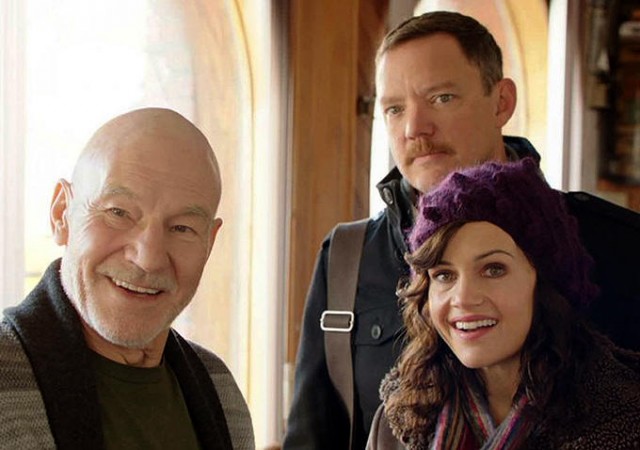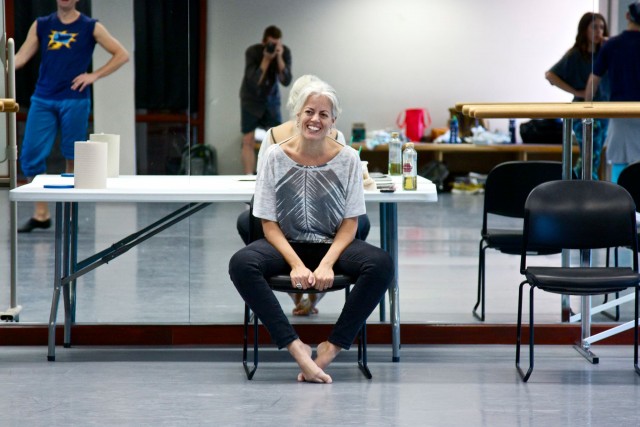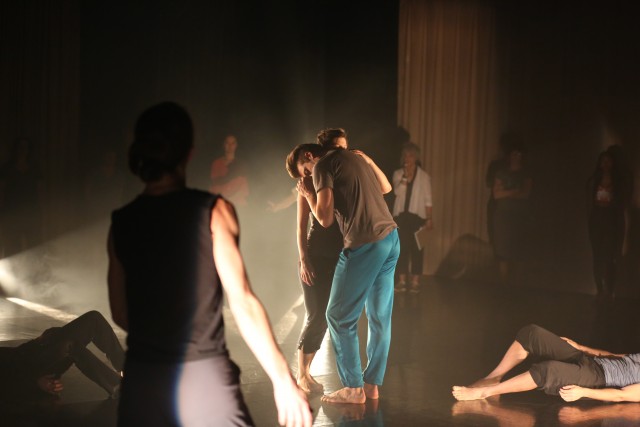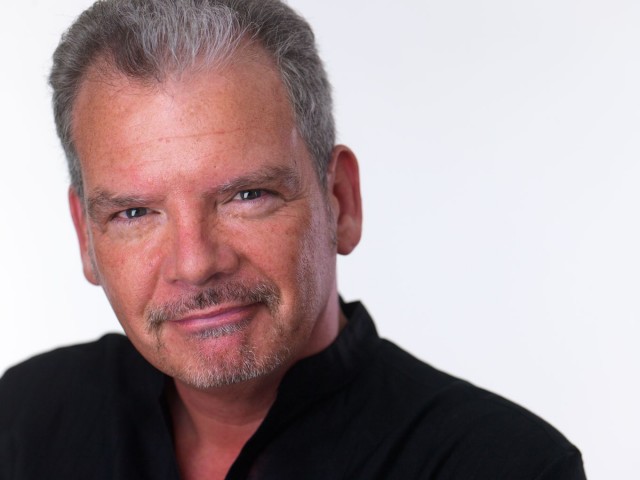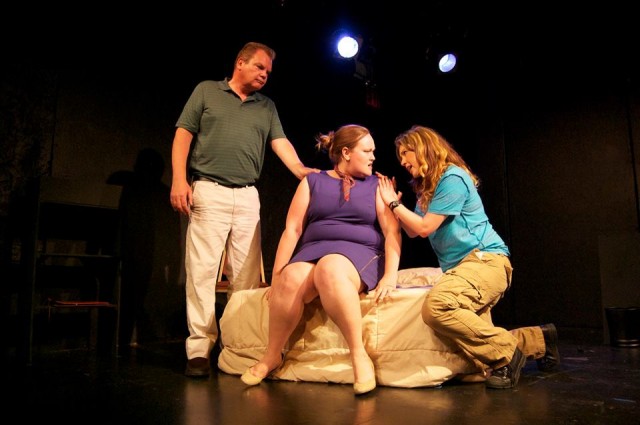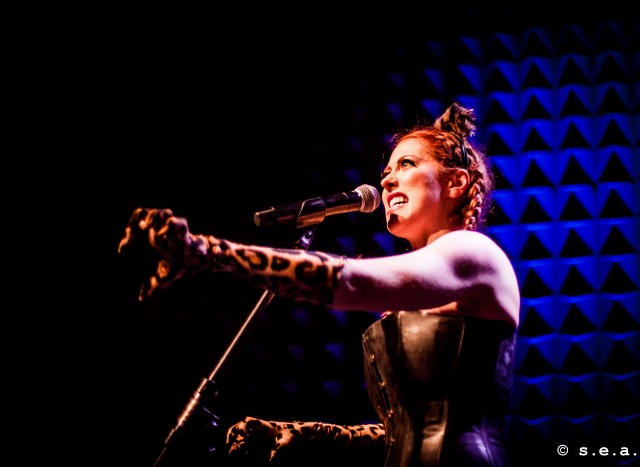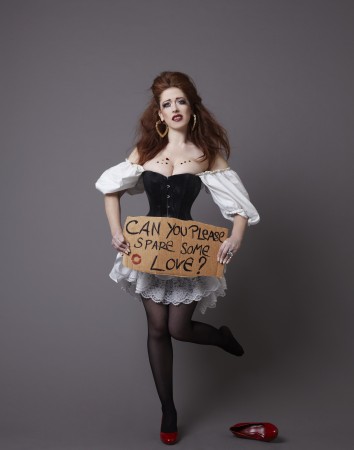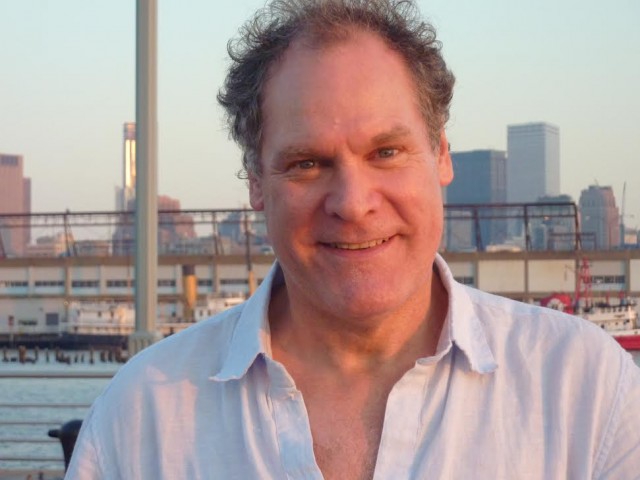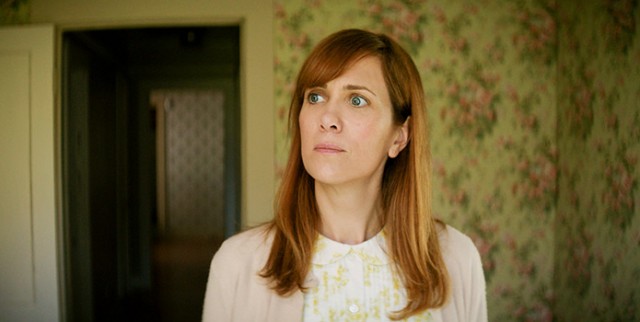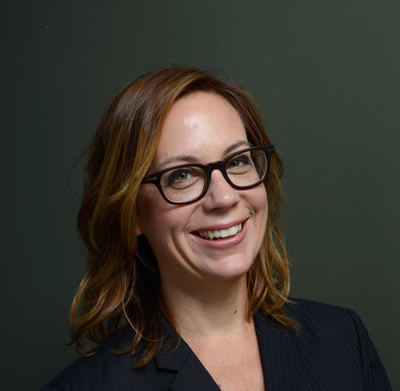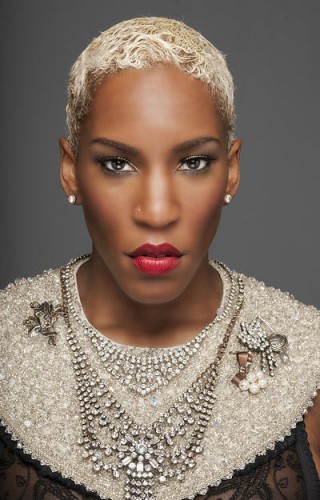MATCH (Stephen Belber, 2014)
IFC Center
323 Sixth Ave. at West Third St.
Through January 20
212-924-7771
www.ifccenter.com
In 2001, Stephen Belber turned his 2000 play, Tape, into a feature film starring Ethan Hawke and Uma Thurman, directed by Richard Linklater. He has now adapted his 2004 Broadway debut, Match, into a feature film starring Sir Patrick Stewart, Carla Gugino, and Matthew Lillard. The beautifully told story takes place in New York City, where married couple Lisa (Gugino) and Mike (Lillard) are interviewing dance teacher and choreographer Tobi Powell (Stewart) purportedly for her thesis, but their ulterior motives bring the three of them together in uncomfortable, unexpected ways, dredging up a long-buried past. Belber’s second film as writer and director — in 2009 he made Management, a romantic comedy with Jennifer Aniston, Steve Zahn, and Woody Harrelson — is an intimate, involving tale about family and the choices we make, led by superb performances by Stewart and Gugino, who are magical together. Belber discussed the film and other aspects of his career with twi-ny shortly after it opened at the IFC Center.
twi-ny: Nearly fifteen years ago, you adapted your play Tape into a film, directed by Richard Linklater, who just won a Golden Globe for Boyhood. Now you’ve adapted your 2004 play, Match, into a film. How did the transference of the two plays onto the big screen differ? Why did you choose to direct this time around?
Stephen Belber: Up to the point when I adapted Tape, I’d written exactly one screenplay, and so I basically just put the text into final draft. (In fact, I didn’t even do that; someone else did; I’m not even sure final draft was around then) Rick Linklater and I briefly talked about breaking it out of the motel but decided it would diffuse the necessary claustrophobic feel. When I adapted Match, I’d just finished directing my first film and so I was able to approach the whole thing more globally, knowing more of what it takes to make a film, yet I also specifically wanted to reduce the scope of my next project to almost pure character interaction; I was less interested in more classic film “splendor.” That said, I did try to open up the screenplay a bit, but only when it felt justified and organic; otherwise I just doubled-down on my actors, who I was more than confident were strong enough to convey the “cinematic landscape” of emotion that I was going for. I think the reason I decided to direct was due to my memory of having watched Tape amidst a crowd at Sundance in 2001 and thinking to myself, “There is a thirst for this kind of small, ‘emotional thriller’ movie” — and wanting to try that for myself.
twi-ny: When it debuted on Broadway, Match starred Frank Langella, Ray Liotta, and Jane Adams. How did you approach casting for the film version?
Stephen Belber: Frank was attached to play the role of Tobi for a while, but when we finally found the financing, he was unavailable for our time window, so the fortune of then being able to find Patrick was immense. I couldn’t have been happier. I also knew that I wanted the movie to be different from the play. I wanted it to be more of an even three-hander; I wanted the role of Lisa to be almost the strongest of the three, in terms of her ability to force these two semi-blinded individuals together. I’d long known and admired Carla for her dominant stage work in New York, so she was an early choice of mine. Matthew I knew less well, but when I met him and perceived his rare mix of strength and vulnerability, as well as the simply excellent person that he is, I knew I’d found the type of actor I love to work with.
twi-ny: The film depicts the deep bond between Tobi and New York, echoing the bond that has clearly developed between Patrick and the city. When he and Carla go up to his Inwood rooftop, I immediately thought of the video that went viral a few summers ago of Stewart and his soon-to-be wife, Sunny Ozell, goofing around on their Brooklyn rooftop. Can you talk about that connection, and its importance to the film? You were born in DC; what are some of your favorite things about New York?
Stephen Belber: Well, to begin with, I do love New York City, but specifically, when I discovered the uniqueness and beauty of Inwood, it was one of those moments when New York reveals itself to you in a lovely and unexpected way. (Granted, the roof scene is technically Washington Heights and we shot the rest of the film in Crown Heights.) But more so, the character of Tobi, perhaps not unlike Patrick, has decamped to New York relatively late in life — and fallen in love with its excitement and ever-present vivacity. Funnily enough, my father recently moved back to NYC after forty years in DC, and he now goes on incessantly about how great a place it is to be old, and not just because of all the food delivery services. There’s something about the constant life of the city that surrounds you, ambushes and assaults you, but undeniably keeps you in the present; it fills you with a sense of aliveness, awareness, and acute feeling. It’s very different than Phoenix.
twi-ny: Stewart’s character is inspired by dancer, choreographer, and longtime Juilliard ballet teacher Alphonse Poulin, who attended the opening night of the play on Broadway. Has he seen the film? What has been his reaction to your exploration of at least part of his life, first onstage, then in the movies?
Stephen Belber: Alphy has been incredibly supportive of this entire project. I think the play made him happy, and yet it was a broader comedy than the film; it had a heightened, almost farcical reality, theatrically speaking, and I think that I, as the writer, consequently short-changed some of the complexity and humanity of the Tobi character. On film, heightened reality tends to be harder to pull off; the intimacy of a film close-up almost insists on a naturalism and dramatic “realness,” in which farce doesn’t fly. At the same time, I’d become aware of wanting a more dramatic and grounded version of this character and this story.
twi-ny: You are a Juilliard grad yourself, and the play begins at the beautiful Glorya Kaufman Dance Studio there. What was your Juilliard experience like? How has it helped shape your career?
Stephen Belber: My two years as a writer at Juilliard were vital and extremely happy ones. It’s the first time I truly took myself seriously as a writer. I feel at home there to this day. (Even if everyone else looks at me like an odd guy peering into piano rehearsal rooms.)
twi-ny: On February 6, Matthew Shepard Is a Friend of Mine is being released in theaters, in conjunction with the twenty-fifth anniversary of the passage of the Hate Crime Statistics Act, which was modified in 2009 by the Matthew Shepard & James Byrd, Jr., Hate Crimes Prevention Act. You examined the murder of Matthew Shepard in The Laramie Project Cycle, which played at BAM two years ago. What kind of progress, if any, do you think has been made in America in regard to hate crimes?
Stephen Belber: Not enough. Certainly there’s progress, legislatively as well as in a national “moral” sense. Yet there are hundreds of thousands of Americans who continue to misunderstand why these laws are important. This, to me, implies a lack of ability to put one’s self in another person’s shoes, to truly feel what it is to be “other” in this country. We are still coming up way short in that regard.
twi-ny: Do you have any plans to bring any of your other plays to the big screen?
Stephen Belber: Myself and Matthew Lillard are discussing a screen adaptation of my 2008 play, Fault Lines. Matt would direct. I would love this to happen.
